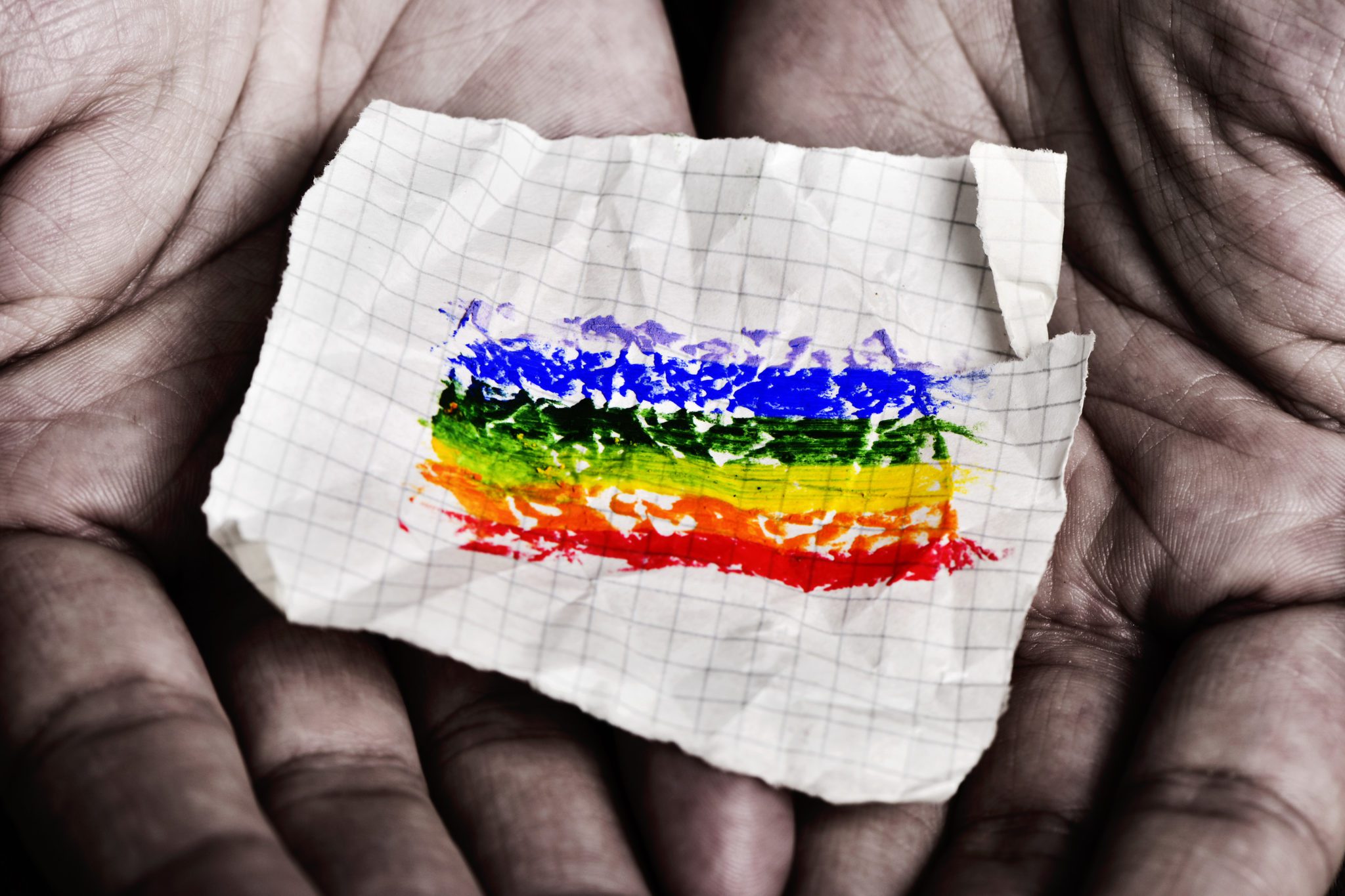LGBTQ Students in College: Fostering Inclusion, Acceptance, and Safety

Posted in: Stress, Young Adults
Topics: College Mental Health, Hot Topics, LGBTQ+
This post is one of a four-part series on college student mental health. The other posts in this series are:
- College Students of Color: Overcoming Racial Disparities and Discrimination
- International College Students: Challenges and Solutions
- The Challenges of First-Generation College Students
***
College is a time when many students develop a stronger sense of identity as they adjust to campus life, navigate academics, develop and nurture close friendships and romantic relationships, and become productive members of the community.
Even with an improved understanding and acceptance of LGBTQ individuals in our culture, the transition to college can be a challenging time for many LGBTQ students. For many students, college seems like the right time to come out. But this process can be stressful, with fears of rejection from peers, family, and their community at home.
Challenges for LGBTQ College Students
We often think of college campuses as idealized places of acceptance, inclusion, and safety. Too often, however, this is not the case. Recent studies show that LGBTQ students:
- Are targets of harassment. Three in four LGBTQ students report some form of verbal or sexual harassment and/or violence.
- Fear for their physical safety.
- Are more likely to experience mental health concerns. This includes depression, anxiety, substance use disorders, PTSD, self-injury, and suicidal thinking and behavior.
- Withdraw from peers and family.
- Suffer from low self-esteem.
- Struggle with body image and eating disorders.
- Have academic difficulties. This includes increased rates of LGBTQ students taking leaves of absence and dropping out of school.
Campus Policies and Practices Often Do Not Help
To complicate matters, many college policies and practices on campuses have not helped to improve the challenges many LGBTQ students already face.
- On-campus housing tends to be binary-centered. This forces many who do not identify as strictly male or female to live alone or leave campus.
- LGBTQ students may not always have the choice to live with a roommate who is also LGBTQ, or comfortable having an LGBTQ roommate.
- LGBTQ students can face bias and unequal opportunities in certain academic disciplines, including science, technology, engineering, and math.
- Micro-aggressions can be common by both faculty and non-LGBTQ students.
What Can Be Done to Help?
The promotion of acceptance, understanding, and the well-being of LGBTQ students has two components: what LGBTQ students can do for themselves, and what LGBTQ allies can do to help make campuses more welcoming and inclusive.
Let’s consider each of these separately. But remember, these two processes need to be linked. What students do for themselves needs to be supported by allies on campuses – peers, faculty, coaches, medical professionals on campus, counselors and advisors, and the college administration.
What Can LGBTQ Students Do?
- Engage in peer support groups.
- Participate in gay-straight alliances on campus.
- Become active in student leadership roles to influence policies that are more affirmative.
- Seek individual confidential counseling for mental health issues.
- Make a relationship with an LGBTQ-sensitive mentor for navigating college life.
- Develop and participate in student groups and engage proactively in advocating for cultural changes on campus.
- Write a column for school newspapers about LGBTQ life on campus, informing students on where to get medical information specific to LGBTQ people, and sharing personal anonymous stories about experiences on campus.
- For those returning home to non-supportive families, seek out organizations locally that help parents deal with and accept their young adults. Some parents may need guidance to help accept them for whom they are.
What Can LGBTQ Allies Do?
- Listen and be open-minded. Learn about the range of sexualities and gender identities included in the LGBTQ spectrum. You can ask questions, but be respectful.
- Confront your own biases. Interrogate the prejudices or pre-conceived ideas you might be holding onto.
- Don’t assume. Don’t assume all of your friends, peers, or students are straight. Similarly, try not to make assumptions about others’ preferred pronouns.
- Treat all people with respect.
- Support your underrepresented peers. If you hear someone say something offensive or hurtful to or about the LGBTQ community, use your privilege and speak up.
- Use the correct pronouns. Be sensitive about the experience of your peers or students. If someone asked to be identified by certain pronouns, respect that and use those identifiers.
- Advocate for better policies for LGBTQ students at your school. These might include LGBTQ-specific counseling, fair housing policies, and sensitivity training for faculty and advisors.
It is everyone’s responsibility to make college campuses open and welcoming of diversity. It’s also important that while we are focusing on LGBTQ students on campuses, many of these tips can be used by folks at home in families, in spiritual groups, by coaches, and by community leaders. We are all in this together.
Compared with previous generations, there has been greater acceptance of LGBTQ individuals, but we still have a long way to go to help them feel safe, appreciated, accepted, and included.

 Share
Share Tweet
Tweet






